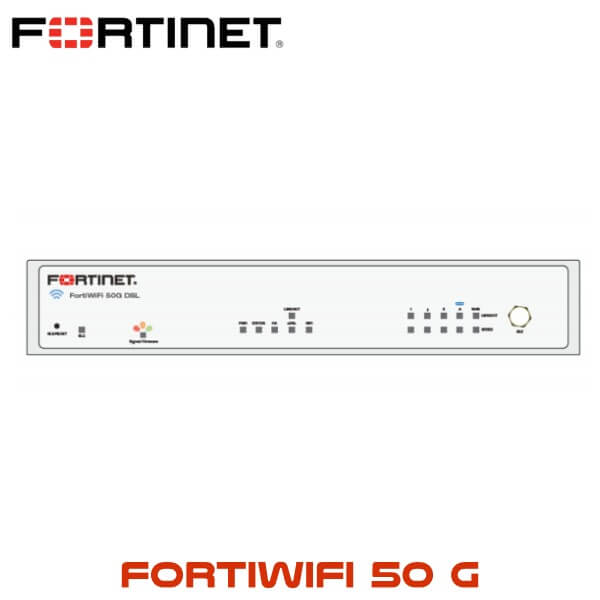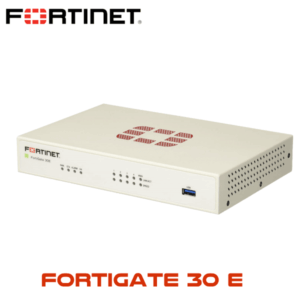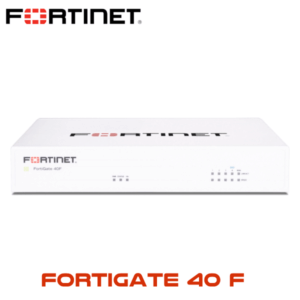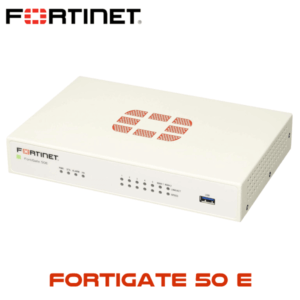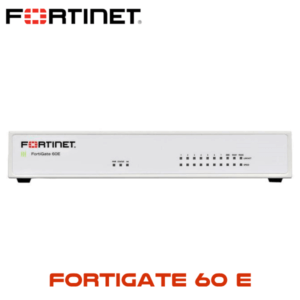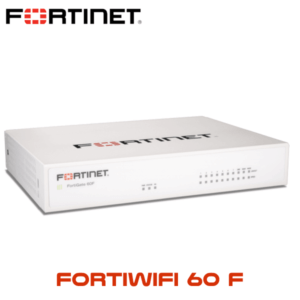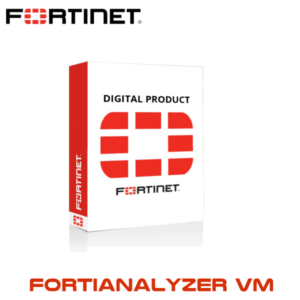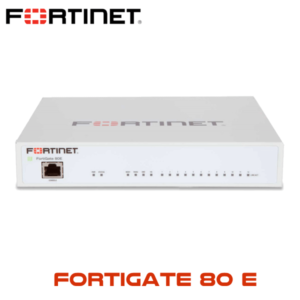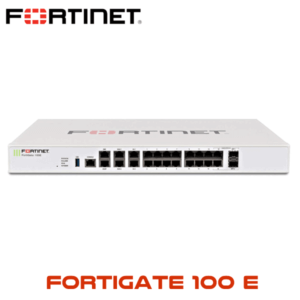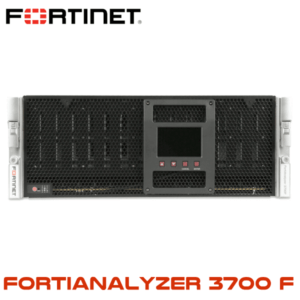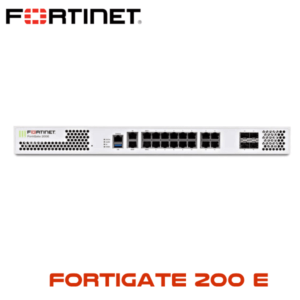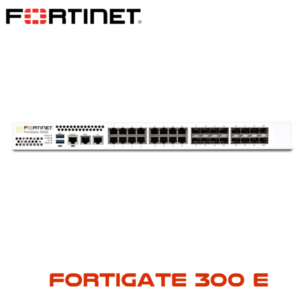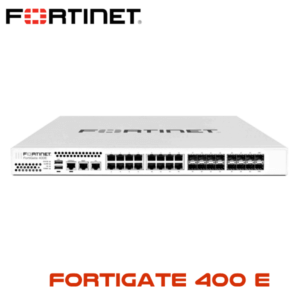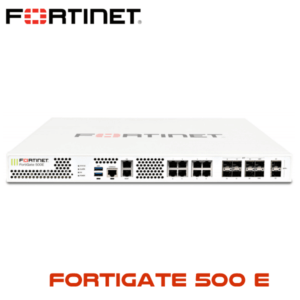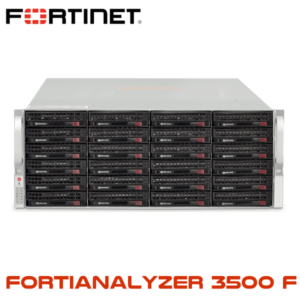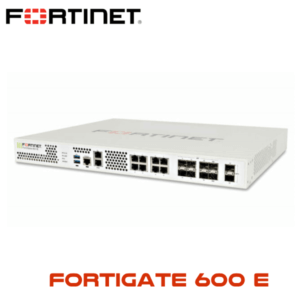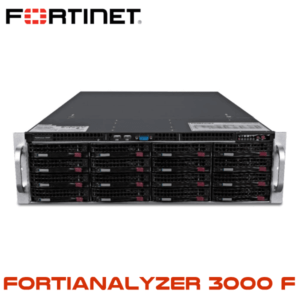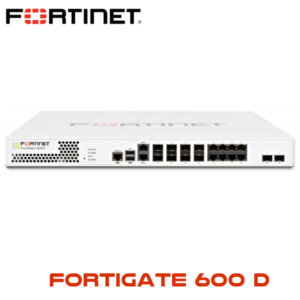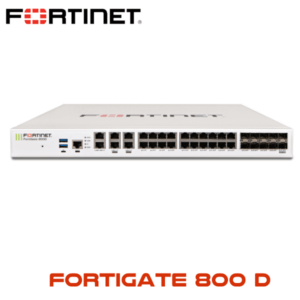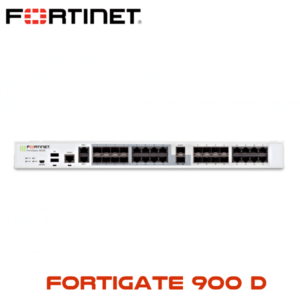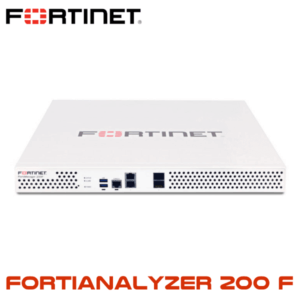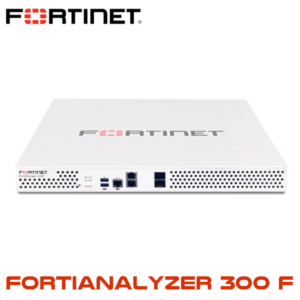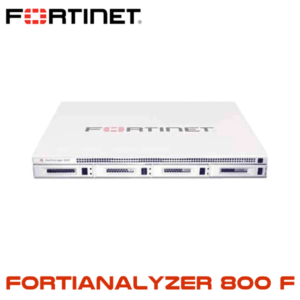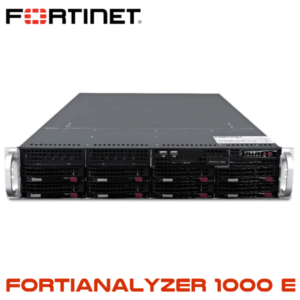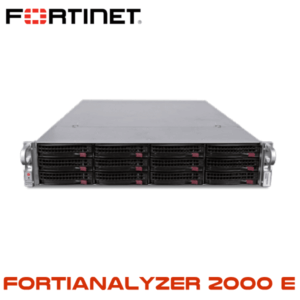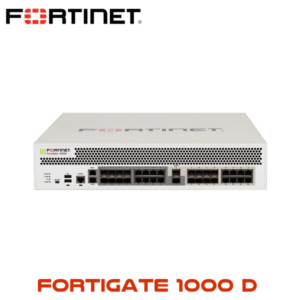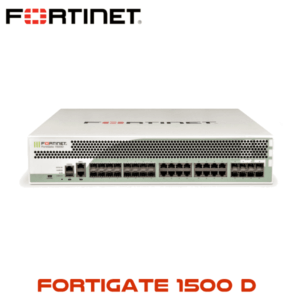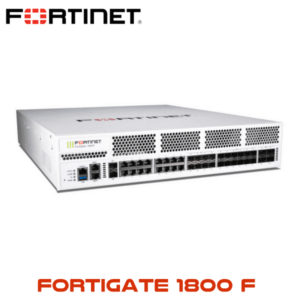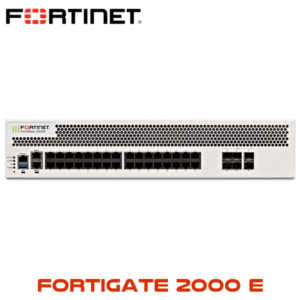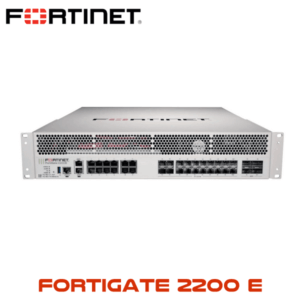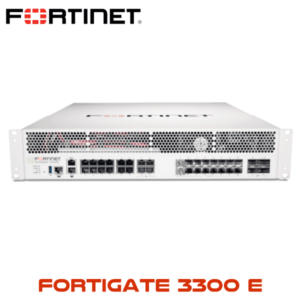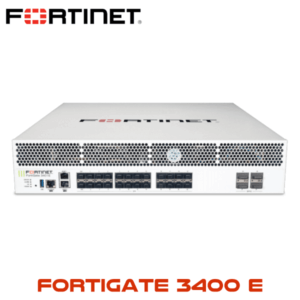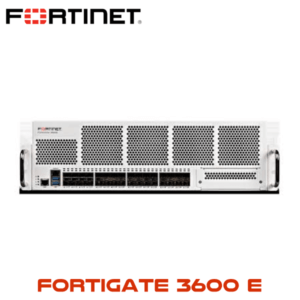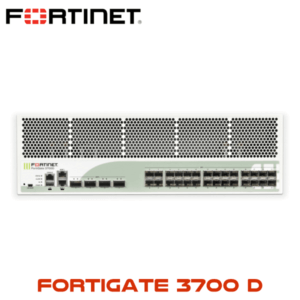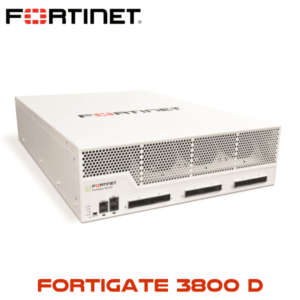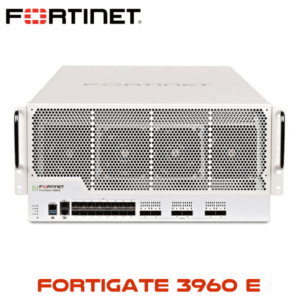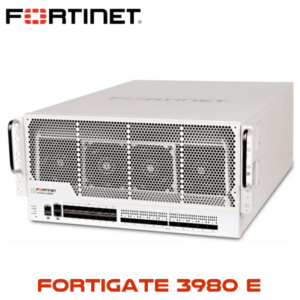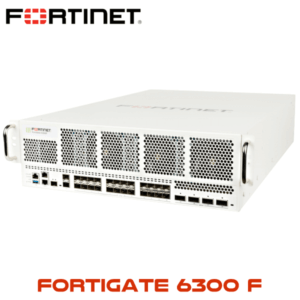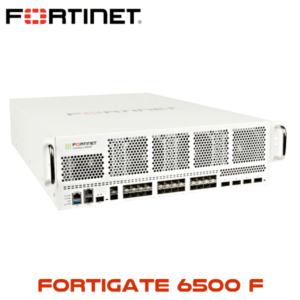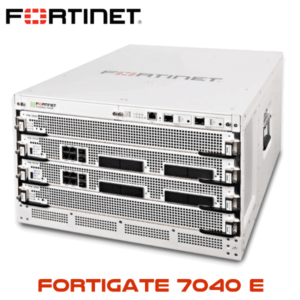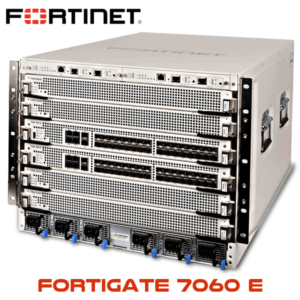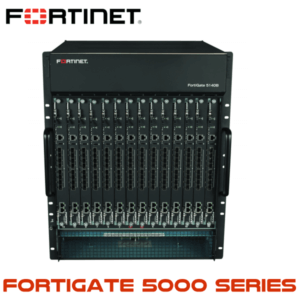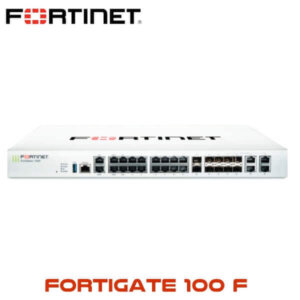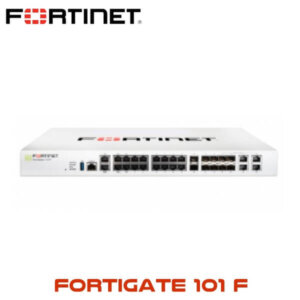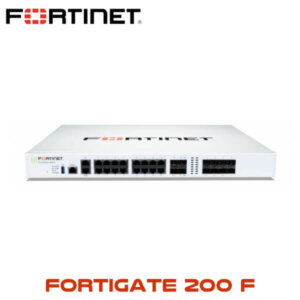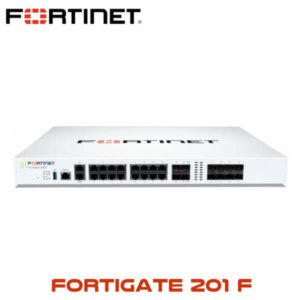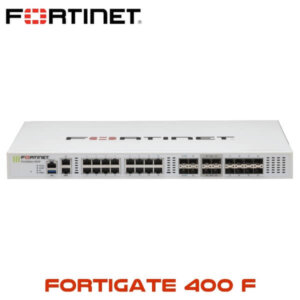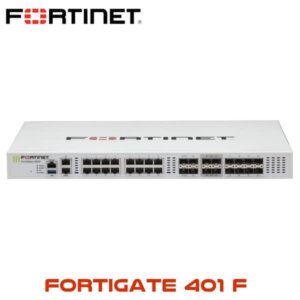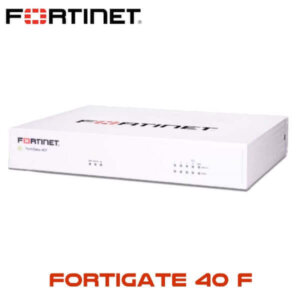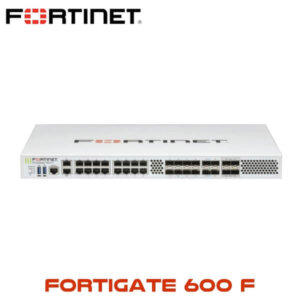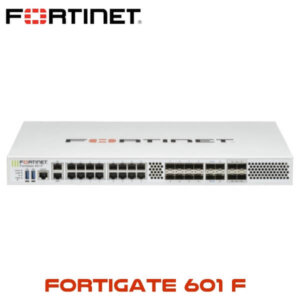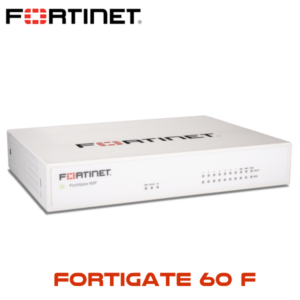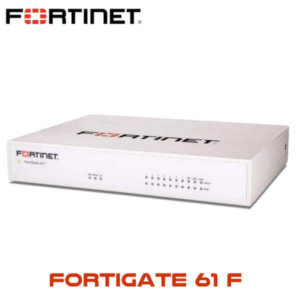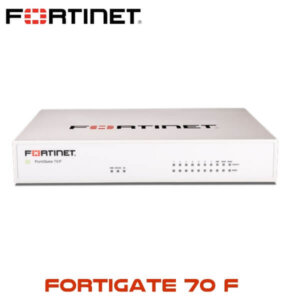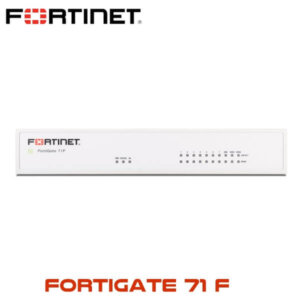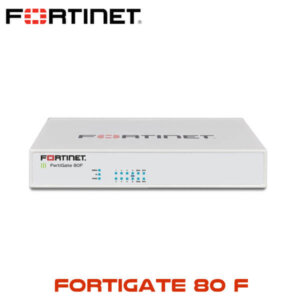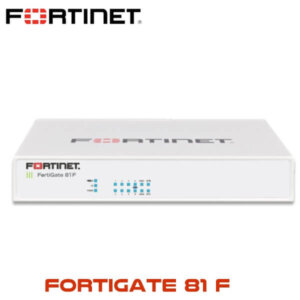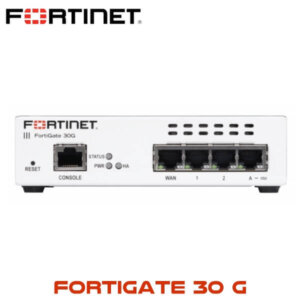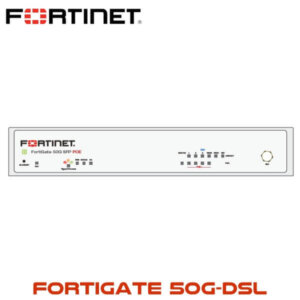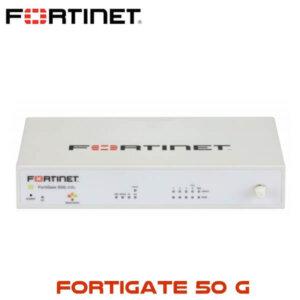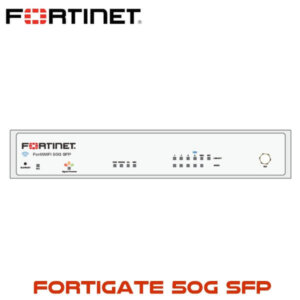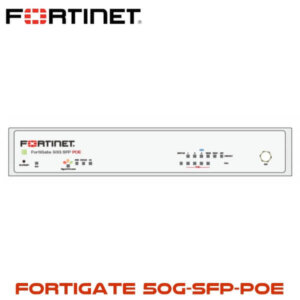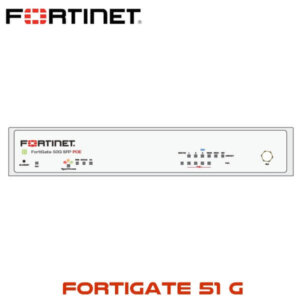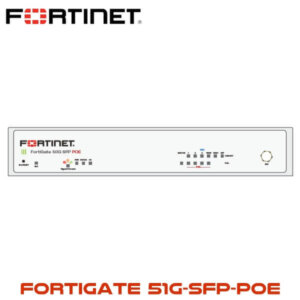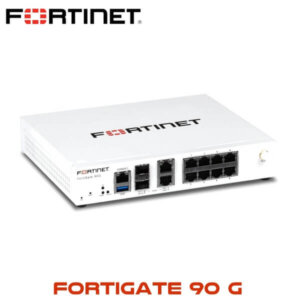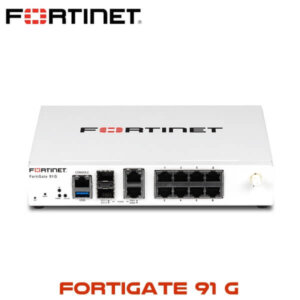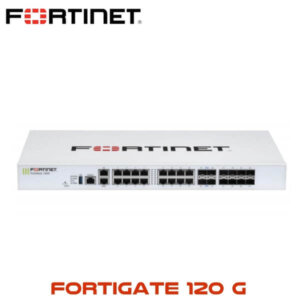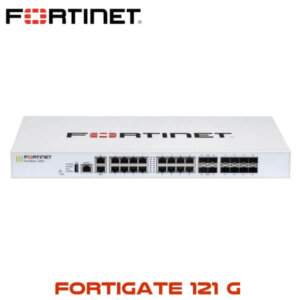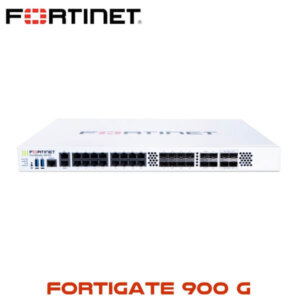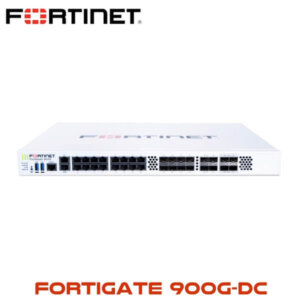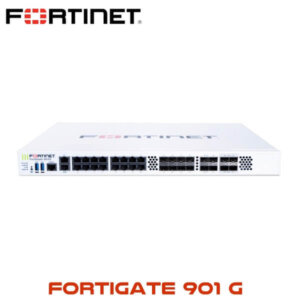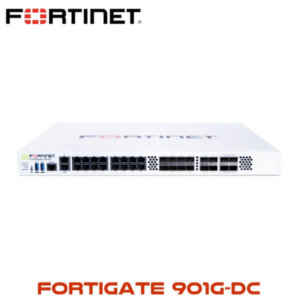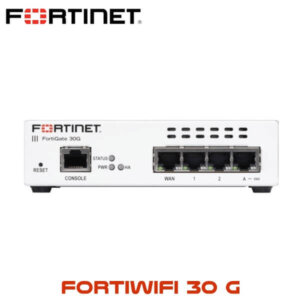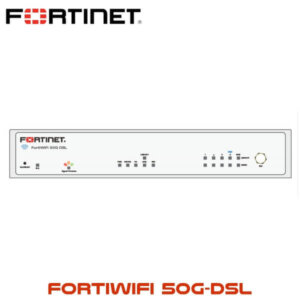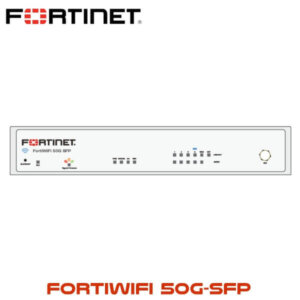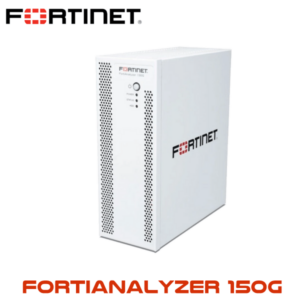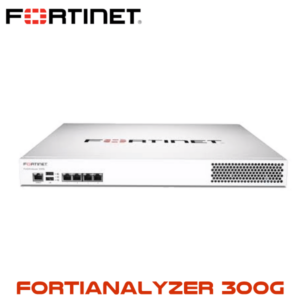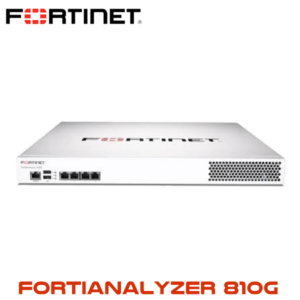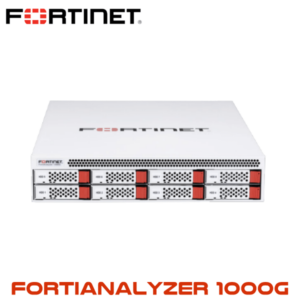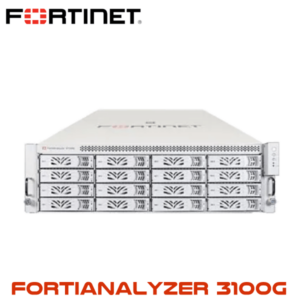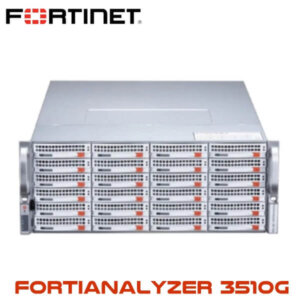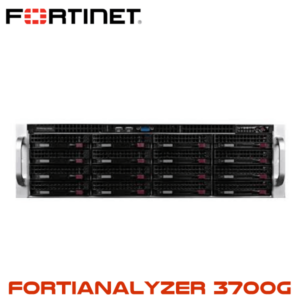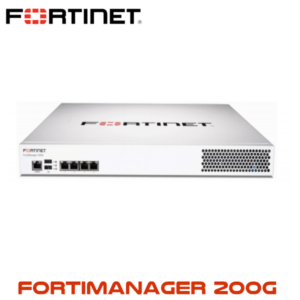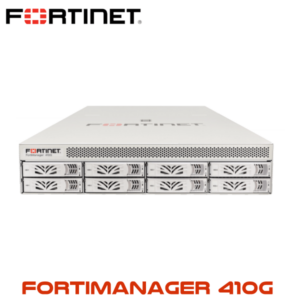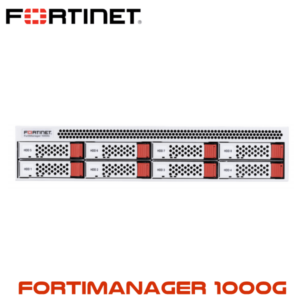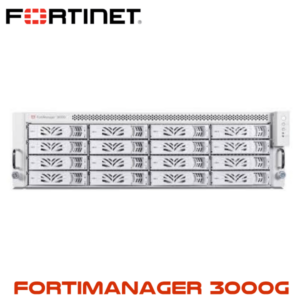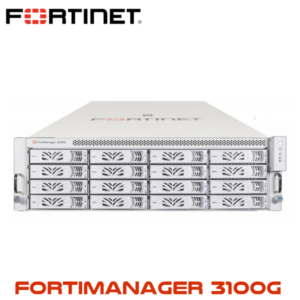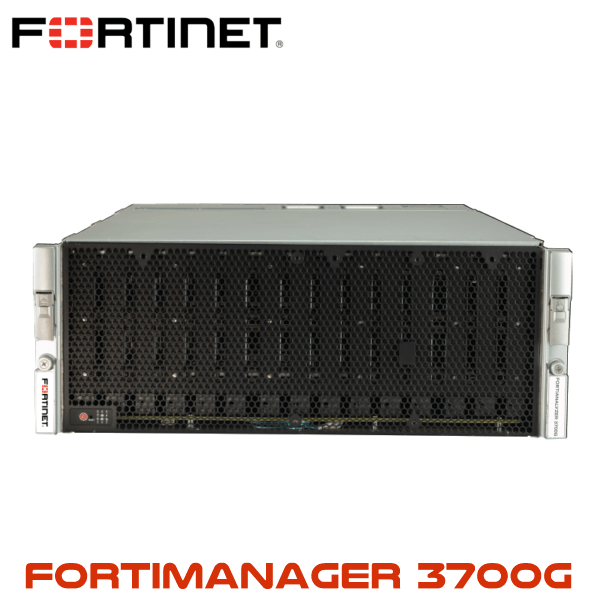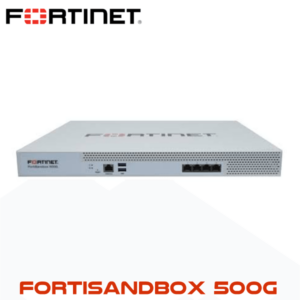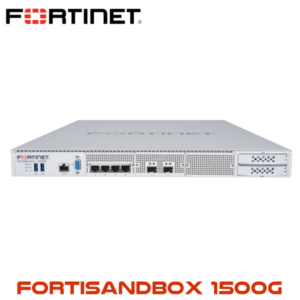Description
FortiWifi50G Next-Generation Firewall Kenya
The FortiWifi50G Kenya is designed to create security-driven networks for distributed enterprise sites while transforming WAN architecture at any scale. Equipped with advanced AI/ML-powered FortiGuard security services and seamlessly integrated with the Security Fabric platform, the FortiWifi50G ensures automated, coordinated, and end-to-end threat protection across diverse use cases. Fortinet stands out as an industry leader by offering the first NGFW solution that integrates SD-WAN and Zero Trust Network Access (ZTNA) enforcement, all powered by a single operating system. This comprehensive solution efficiently manages, verifies, and controls user access to applications, ensuring a seamless, consistent, and optimized user experience.
The FortiWifi50G Kenya combines essential features to deliver both robust security and high-speed performance. It integrates a Next-Generation Firewall (NGFW) to safeguard against a wide array of cyber threats, including malware, viruses, spyware, and botnets. Supporting the latest Wi-Fi 6 standards, it offers fast, reliable wireless connectivity with improved efficiency. The device operates on both 2.4 GHz and 5 GHz frequency bands, ensuring optimal coverage and performance. With built-in beamforming technology, the FortiWifi50G directs Wi-Fi signals towards connected devices, enhancing range and performance. Additionally, MU-MIMO technology allows multiple devices to connect simultaneously without compromising speed.
For streamlined management, the device integrates with FortiCloud, enabling centralized control and monitoring. The intuitive web-based interface simplifies configuration and management, making it user-friendly for administrators. With its powerful security features, cutting-edge technology, and ease of management, the FortiWifi50G Kenya offers a comprehensive networking solution for modern enterprises.
Models:
- FORTIWIFI50G SFP
- FORTIWIFI50G DSL
Specifications:
| System Performance — Enterprise Traffic Mix | |
| IPS Throughput | 2.25 Gbps |
| NGFW Throughput | 1.25 Gbps |
| Threat Protection Throughput | 1.1 Gbps |
| System Performance | |
| Firewall Throughput (1518 / 512 / 64 byte UDP packets) | 5 / 5 / 4 Gbps |
| Firewall Latency (64 byte UDP packets) | 2.42 μs |
| Firewall Throughput (Packets Per Second) | 6 Mpps |
| Concurrent Sessions (TCP) | 720 000 |
| New Sessions/Second (TCP) | 85 000 |
| Firewall Policies | 2000 |
| IPsec VPN Throughput (512 byte) | 4.5 Gbps |
| Gateway-to-Gateway IPsec VPN Tunnels | 200 |
| Client-to-Gateway IPsec VPN Tunnels | 250 |
| SSL-VPN Throughput | — |
| Concurrent SSL-VPN Users (Recommended Maximum, Tunnel Mode) | — |
| SSL Inspection Throughput (IPS, avg. HTTPS) | 1.3 Gbps |
| SSL Inspection CPS (IPS, avg. HTTPS) | 699 |
| SSL Inspection Concurrent Session (IPS, avg. HTTPS) | 74,000 |
| Application Control Throughput (HTTP 64K) | 2.8 Gbps |
| CAPWAP Throughput (HTTP 64K) | 3.8 Gbps |
| Virtual Domains (Default / Maximum) | 5/5 |
| Maximum Number of FortiSwitches Supported | 8 |
| Maximum Number of FortiAPs (Total / Tunnel Mode) | 16 / 8 |
| Maximum Number of FortiTokens | 500 |
| High Availability Configurations | Active-Active, Active-Passive, Clustering |


